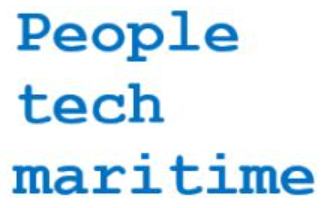How could lawyers use a ‘Software for Domain Experts’ type service?
Lawyers have to search through large amounts of information to find something useful (such as how the last case like theirs went). They need to make difficult decisions. They need to publish and disseminate reports.
For structured legal processes (like conveyancing) they might have to go through a standard list of steps, of which documents or approvals are requested from who, when.
A quick search of UK law software firms shows that there are several companies offering software for ‘practise management’ (which we take to mean all aspects of a legal practise, including cases, accounting).
There are other tools to help manage performance.
Some of them run on the cloud, some on your desktop computer.
- http://www.pepperminttechnology.co.uk/ combines in one place, using one database, all the different legal software applications required by a law firm
- http://www.selectlegal.co.uk/ legal case management software
- http://www.eclipselegal.co.uk/ “practise management software”
- http://www.leap.co.uk/ legal software for small law firms
- https://www.redbricksolutions.co.uk/ – legal case management software
- http://www.cognitosoftware.com/ – case management, practise management, legal accounting
- http://www.soslegal.co.uk/ performance management / business process management
- http://www.eclipselegal.co.uk/proclaim-software/ case management, practise management
- http://www.insightlegal.co.uk/product/ legal accounting and practise management
- http://www.advanced-legal.co.uk/ legal practise and case management software
- http://www.legaloffice.co.uk/ cloud based legal productivity tools
